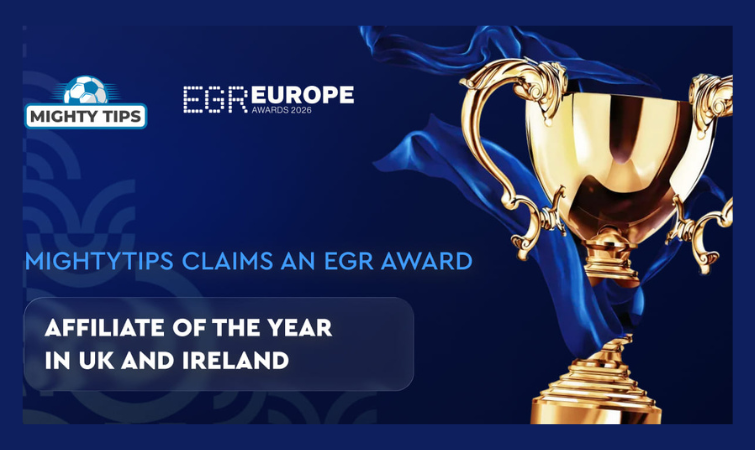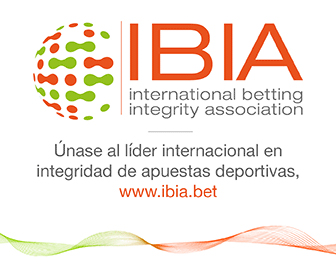November 24, 2023 | Article
The iGaming industry has experienced unprecedented growth in recent years, accompanied by rising concerns over potential financial crimes, including money laundering, and exploitative techniques like arbitrage betting and bonus abuse. To combat these issues, EvenBet Gaming, a leading player in the industry, is taking a comprehensive approach by delving into Anti-Money Laundering (AML) and Know Your Customer (KYC) mechanisms.
The Significance of AML and KYC in iGaming
In an article authored by Dmitry Smirnov, EvenBet Gaming Lawyer, the importance of AML and KYC in iGaming is explored. The iGaming sector faces various risks, including operational, IT and cyber risks, regulatory compliance, money laundering, liquidity, solvency risk, and reputational risk. Criminals may exploit online gambling platforms to legitimize illicit funds, making AML and KYC crucial for compliance with Anti-Money Laundering, Terrorist Financing, and GDPR regulations.
Failure to implement effective AML and KYC measures can lead to severe consequences, including regulatory penalties, financial losses, damage to reputation, and legal action. However, these mechanisms not only combat financial crimes but also build consumer trust, enhance industry credibility, and make players more likely to engage with platforms prioritizing their safety.
Legal Mechanisms AML and KYC
AML and KYC play a critical role in safeguarding the iGaming industry against financial crimes and fostering a secure environment for players. Legal requirements for AML in iGaming include reporting obligations, due diligence, and monitoring suspicious transactions. The KYC process involves client identity verification and constant monitoring of customer behavior.
The Role of Regulatory Authorities
Regulatory authorities play a pivotal role in ensuring AML and KYC compliance within the iGaming industry. They establish guidelines, enforce regulations, and non-compliance can lead to severe penalties.
Current Solutions and Practices
To meet AML and KYC requirements effectively, iGaming companies may employ technologies and tools such as identity verification software and transaction monitoring systems. Case studies provide insights into best practices, and the industry explores innovative solutions like blockchain technology for transparency and security in financial transactions.
Issues and Considerations
Challenges in implementation include the complexity of regulations, the need for advanced technology, and the ever-evolving nature of money laundering tactics. Balancing customer privacy and AML/KYC requirements is crucial, as well as navigating global and regional differences in AML and KYC rules.
Future Trends and Regulatory Developments
Expectations for future changes in AML and KYC rules are influenced by emerging technologies and global financial trends. As technology continues to advance, it will enhance the capabilities of AML and KYC mechanisms and present new challenges. Staying compliant requires a proactive approach, investing in robust solutions, staying informed about regulatory changes, and remaining flexible to adapt to new requirements.
Conclusion
In the dynamic world of iGaming, AML and KYC mechanisms are indispensable for maintaining integrity, trust, and compliance. EvenBet Gaming believes that by adhering to the legal framework, adopting innovative technologies, and addressing the unique challenges of the sector, iGaming companies can navigate towards a safe and responsible online gambling experience.
















































































































